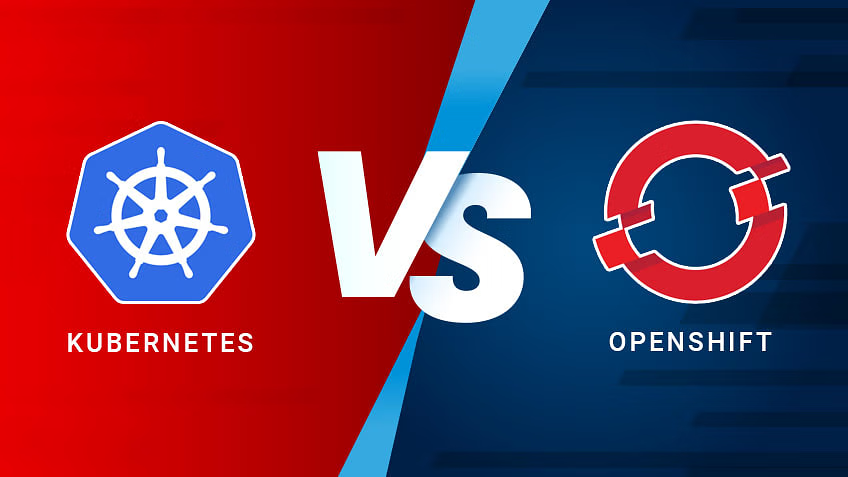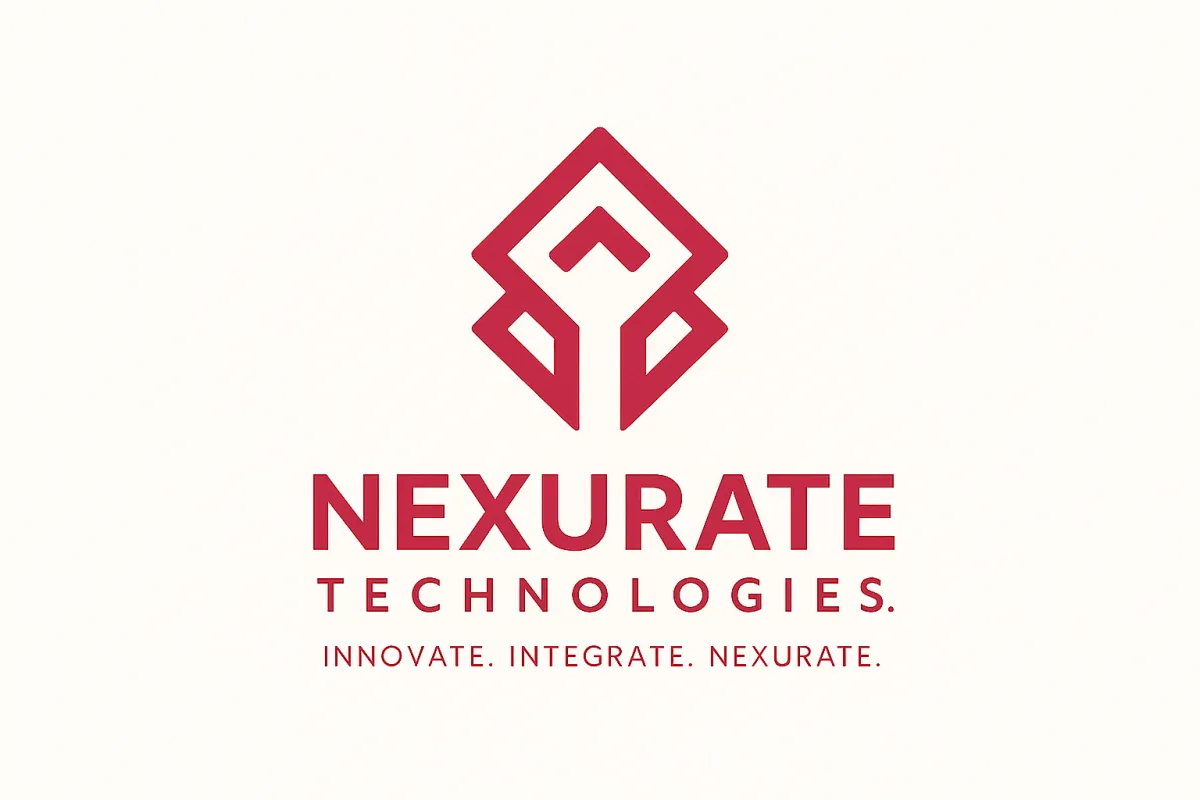India (Toll Free): 0008009192128
US & Canada:+1 5799997599
📢 Nexurate Analytics Services
📊 Unlock Business Potential with Nexurate's Analytics Services
In today’s competitive digital landscape, businesses cannot afford to make decisions in the dark. Nexurate’s analytics services empower small to medium enterprises (SMEs), e-commerce businesses, SaaS companies, and digital marketing agencies to transform raw data into actionable insights, drive performance, and fuel sustainable growth.
Whether you need predictive analytics consulting, web analytics for SMEs, or advanced business intelligence solutions, Nexurate delivers the tools, strategies, and expertise to help you make data-driven decisions confidently.
Data-Driven Decisions
🤖 AI-Powered Analytics
📊 Interactive Dashboards
🌐 Comprehensive Market Insights
💡 Optimized Performance & ROI
🔍 Our Analytics Service Offerings
💬 Data Analysis & Reporting – Leverage advanced analytical techniques to interpret complex data sets, uncover trends, and generate comprehensive reports that inform strategic decisions.
🌍 Predictive Analytics– Utilize statistical algorithms and machine learning techniques to forecast future trends, enabling proactive planning and risk mitigation.
⚡Business Intelligence Solutions – Implement BI tools to consolidate data from various sources, providing real-time dashboards and visualizations that enhance decision-making processes.
📊 Market & Customer Insights – Analyze market dynamics and customer behavior to identify opportunities, refine marketing strategies, and improve customer engagement.
Get Free Trial of Nexurate Conversational AI Agent
Our AI understands context, tone, and intent using advanced NLP algorithms. Emotion detection capabilities ensure empathetic responses that match customer mood and needs. Every conversation trains the system to become smarter. Machine learning algorithms continuously improve accuracy, response quality, and customer satisfaction rates.
Blogs

Kubernetes vs Red Hat OpenShift: Which Is Right for Your Business?
🔹 Introduction
In today’s cloud-native era, businesses are rapidly adopting containerization to improve scalability, efficiency, and cost savings. Two of the most talked-about platforms are Kubernetes and Red Hat OpenShift.
While Kubernetes is the de facto standard for container orchestration, OpenShift provides an enterprise-ready platform built on top of Kubernetes with added developer and security features.
But which one is right for your business? 🤔
This blog dives deep into differences, pros & cons, case studies, industry stats, and FAQs to help you decide.
⚖️ Kubernetes vs Red Hat OpenShift: Quick Comparison
Feature Kubernetes 🛠 Red Hat OpenShift 🏢 Type Open-source container orchestration Enterprise Kubernetes platform Ease of Use Requires more manual setup Pre-configured, enterprise-ready Security Security handled by users Built-in enterprise security policies Ecosystem Highly flexible & extensible Opinionated, with integrated tools Support Community-driven Backed by Red Hat enterprise support Best For Businesses with strong DevOps skills Enterprises needing compliance & managed solutions
📊 Industry Statistics
🌍 91% of enterprises use Kubernetes in production (CNCF Survey, 2024).
🔐 62% of IT leaders say built-in security & compliance is a top reason for choosing OpenShift (Red Hat Report).
💰 Businesses using container orchestration report 40% faster application delivery and up to 30% infrastructure cost reduction.
✅ Advantages of Kubernetes
⚡ Scalability: Perfect for handling millions of containers.
🔄 Portability: Works across cloud providers (AWS, GCP, Azure).
🛠 Ecosystem: Huge open-source community, thousands of integrations.
📈 Flexibility: Developers control every component of deployment.
Case Study:
A fintech startup scaled its payment API across 3 cloud providers using Kubernetes, cutting downtime by 45% and ensuring global high availability.
✅ Advantages of OpenShift
🏢 Enterprise-Ready: Integrated CI/CD pipelines, monitoring, and DevSecOps tools.
🔐 Enhanced Security: Strict security policies out-of-the-box (role-based access, compliance-ready).
🧑💼 Enterprise Support: Backed by Red Hat & IBM.
🚀 Developer Productivity: Pre-built developer tooling for faster deployment.
Case Study:
A telecom giant migrated to OpenShift for 5G application deployment and reduced time-to-market by 35%, while ensuring compliance with telecom-grade security.
"Why Businesses Need Container Orchestration"
For organizations considering container adoption as part of their broader modernization strategy, exploring Cloud Migration services
🆚 When to Choose Kubernetes vs OpenShift
Choose Kubernetes if:
You have strong in-house DevOps expertise.
Flexibility & customization are a priority.
You want to minimize licensing costs.
Choose OpenShift if:
You are a large enterprise needing security, compliance, and support.
Faster go-to-market is critical.
You need integrated CI/CD pipelines.
"Kubernetes vs OpenShift in Digital Transformation"
Both platforms play a key role in digital transformation for business , especially when enterprises want to modernize legacy applications, accelerate innovation, and scale globally. Kubernetes provides flexibility, while Open Shift offers enterprise-grade governance.
📚 FAQs
1. Is OpenShift just Kubernetes?
➡️ OpenShift is Kubernetes + enterprise features like integrated monitoring, CI/CD, and enterprise security.
2. Is OpenShift more expensive than Kubernetes?
➡️ Yes, OpenShift comes with licensing costs, while Kubernetes is open-source and free.
3. Can I migrate from Kubernetes to OpenShift?
➡️ Yes, OpenShift supports Kubernetes workloads natively.
4. Which is better for small businesses?
➡️ Kubernetes is usually more cost-effective for startups.
5. Which is better for large enterprises?
➡️ OpenShift provides enterprise-grade governance, making it a better fit.
Kubernetes Official Documentation
For a deeper technical dive, consult the Kubernetes and Redhat Open Shift official documentation
🎯 Conclusion
Both Kubernetes and Red Hat OpenShift are powerful solutions, but the choice depends on your business size, compliance needs, and IT expertise.
👉 Startups & mid-sized companies often thrive with Kubernetes due to its cost-effectiveness and flexibility.
👉 Enterprises in regulated industries (finance, healthcare, telecom) find OpenShift better suited for compliance and support.
🚀 Whether you’re migrating from VMware, modernizing legacy apps, or scaling globally, choosing the right container orchestration platform is a business-critical decision.
🚀 Why Choose Nexurate for Analytics Services?

Expertise
Our team comprises seasoned data scientists and analysts proficient in the latest analytical tools and methodologies.

Customization
We offer solutions tailored to your specific business needs, ensuring relevance and effectiveness.

Actionable Insights
Our analytics deliver clear, actionable insights that drive measurable improvements in performance.

Scalability
Our services are designed to grow with your business, adapting to evolving data requirements.
🛠️ Tools & Technologies We Use
👉 At Nexurate, we transform raw data into actionable insights, empowering businesses to make informed decisions, optimize operations, and drive growth. Our comprehensive analytics services cater to diverse industries, providing tailored solutions that align with your unique business objectives.
📈 Proven Success Across Industries
Our analytics services have empowered businesses in various sectors, including retail, healthcare, finance, and manufacturing, to achieve significant improvements in efficiency, customer satisfaction, and profitability.
01.
Google Analytics
Track and analyze website traffic to understand user behavior and optimize online presence.
03.
💡Tableau
Develop dynamic visualizations to facilitate data-driven decision-making.
02.
📈 Power BI
Create interactive reports and dashboards for comprehensive data visualization.
04.
📊 Python & R
Employ advanced programming languages for data analysis and predictive modeling.
🔥 Get Started with Nexurate's Analytics
📩 Unlock the full potential of your data today.
Request a Free Consultation
Download Our Analytics Case Study
Chat with Our Experts
Transform your business with data-driven decision making, actionable insights, and measurable growth.
👉 Don’t wait — Get started today with Nexurate!
Frequently Asked Questions
What are analytics services, and why are they important for my business?
Analytics services help businesses collect, process, and interpret data to make informed decisions. They uncover trends, optimize operations, and improve customer engagement, ultimately driving growth and profitability.
What industries can benefit from Nexurate’s analytics services?
Our analytics solutions are versatile and cater to retail, healthcare, finance, manufacturing, e-commerce, and more. Any business looking to leverage data for strategic decisions can benefit.
Which tools and technologies does Nexurate use for analytics?
We use industry-leading tools such as Google Analytics, Power BI, Tableau, along with advanced programming in Python and R for predictive analytics and data visualization.
How can predictive analytics help my business?
Predictive analytics uses historical data and AI-driven algorithms to forecast trends, enabling proactive planning, risk mitigation, and smarter decision-making.
Can Nexurate customize analytics solutions for my specific business needs?
Absolutely! We tailor our analytics services to your business objectives, ensuring relevance, actionable insights, and measurable results.
How quickly can I start seeing results from analytics services?
While it depends on your data and business complexity, clients often start seeing actionable insights within weeks, with long-term optimization improving performance and ROI over time.
How do analytics services improve customer engagement?
By analyzing customer behavior, preferences, and market trends, we help you design targeted strategies, personalize experiences, and enhance overall engagement.
Are Nexurate’s analytics services scalable for growing businesses?
Yes. Our solutions are designed to scale with your business, adapting to increasing data volumes and evolving analytics requirements without compromising performance.
Contact Us
Get in touch with us today to discuss how we can help elevate your brand through expert digital marketing solutions.
Free Growth Strategy Session !
Are you ready to take your Business to the next level? how Nexurate Can Help Get More Leads, Customers, and Sales...

